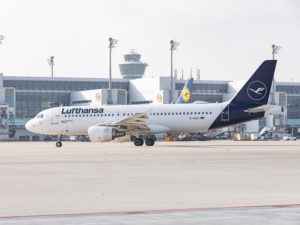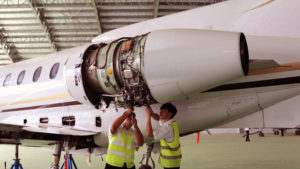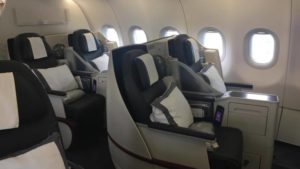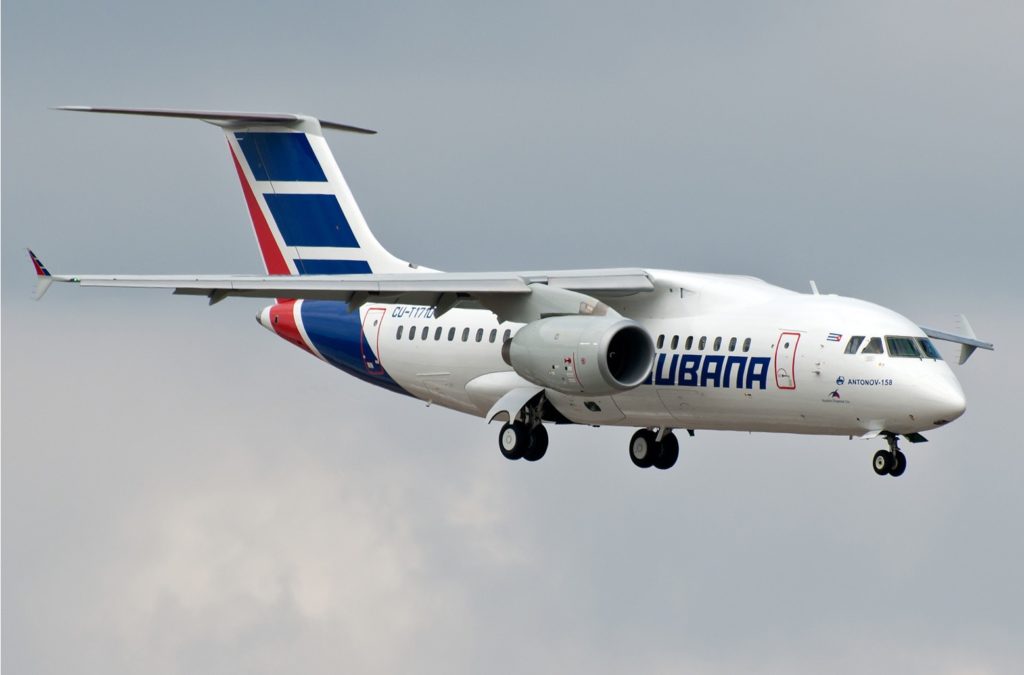 ACTIVAN CUBA Y COMPAÑIAS ESPAÑOLAS GESTIONES PARA EL ALQUILER DE AVIONES.
ACTIVAN CUBA Y COMPAÑIAS ESPAÑOLAS GESTIONES PARA EL ALQUILER DE AVIONES.
La compañía estatal Cubana de Aviación ha reactivado la negociación con empresas españolas para arrendar tres Airbus 319 tras las recientes medidas anunciadas por el gobierno de Donald Trump para dificultar la contratación de aeronaves al gobierno de la isla.
Las restricciones de Washington, que entraron en vigor este lunes, frustraron una operación parecida de Cubana de Aviación con Blue Panorama para alquilar tres Boeing 737, dijo a CiberCuba un empresario madrileño relacionado con la operación y que pidió anonimato.
“Ellos [los cubanos] andan ahora con prisas para intentar tener los A319 antes de fin de año, pero habían congelado la operación porque preferían la opción de alquilar Boeing a Blue Panorama”, añadió la fuente, conocedor de los entresijos de la aviación cubana. Los Airbus 319 son aviones de corto alcance y, una vez que se cierre el arrendamiento, volarían destinos en el Caribe, ahora suspendidos y algunos vuelos nacionales, añadió el informante.
Las medidas del gobierno de Trump suponen mayores complicaciones a Cubana de Aviación, pero la aerolínea ya tenía mermada notablemente su capacidad porque acumula, en sus hangares, aviones rusos que no pueden volar. Actualmente la aerolínea solo tiene volando cuatro aviones de un total de 17 que integran su magra flota.
De las 13 aeronaves compradas y/o arrendadas a empresas rusas y ucranianas en 2013 y 2014, solo se mantienen volando dos IL 96, un tercero está en revisión (overhaul). Los Ilushyn 96 han tenido problemas con el sistema de frenos, ya corregido, y con su ángulo de trepada, que al ser más lento que la mayoría de las aeronaves, ralentiza el ritmo de operaciones en aeropuertos con mucho tráfico. El resto de aviones rusos -seis Tupolev 204 y cuatro Antonov 158- siguen sin volar a la espera de nuevos acuerdos con Moscú. La compra y arrendamiento de estas aeronaves habría tenido consecuencias penales y administrativas que salpicaron a varios de los implicados en otro negocio ruinoso para las arcas cubanas.
Cubana de Aviación opera además un avión Embraer, de fabricación brasileña y corto alcance, y el primero de los tres ATR 72-600 que fueron comprados a la compañía francesa Avions de Transport Régional. La compra de estos últimos fue parte de una operación anexa a la concesión hecha al grupo Bouygues para remodelar del aeropuerto internacional de La Habana.
Con una flota escasa y mayoritariamente ineficaz por el peso específico de los aviones rusos, Cubana de Aviación había acudido al sistema de códigos compartidos con aerolíneas extranjeras y de leasing de aviones de fabricación occidental, pero las medidas anunciadas esta semana por la Casa Blanca sacaron de la lista de opciones cubanas a las empresas norteamericanas y brasileña.
En julio de 2018, Boeing tomó el control del 80% de Embraer, donde el gobierno de Brasil conserva una Opción de Oro.
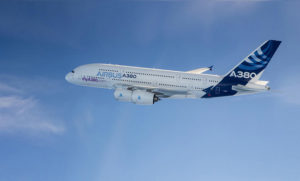 CUBA AND SPANISH COMPANIES ACTIVATE EFFORTS FOR AIRCRAFT RENTAL.
CUBA AND SPANISH COMPANIES ACTIVATE EFFORTS FOR AIRCRAFT RENTAL.
The Cuban state-owned Aviation company has reactivated the negotiation with Spanish companies to lease three Airbus 319 after the recent measures announced by the Donald Trump government to make it difficult to hire aircraft to the island’s government.
Washington’s restrictions, which went into effect on Monday, thwarted a similar Cubana de Aviacion operation with Blue Panorama to rent three Boeing 737s, a Madrid businessman related to the operation told CiberCuba and requested anonymity.
“They [the Cubans] are now in a hurry to try to have the A319 before the end of the year, but they had frozen the operation because they preferred the option of renting Boeing to Blue Panorama,” added the source, knowledgeable about the ins and outs of Cuban aviation. The Airbus 319 are short-range airplanes and, once the lease is closed, they would fly destinations in the Caribbean, now suspended and some domestic flights, the informant added.
The measures of the Trump administration involve greater complications for Cubana de Aviacion, but the airline has already significantly reduced its capacity because it accumulates, in its hangars, Russian planes that cannot fly. Currently, the airline only has four planes flying out of a total of 17 that make up its lean fleet.
Of the 13 aircraft purchased and / or leased to Russian and Ukrainian companies in 2013 and 2014, only two IL 96s are being flown, a third is under review (overhaul). The Ilushyn 96 have had problems with the brake system, already corrected, and with its climbing angle, which, being slower than most aircraft, slows the pace of operations in airports with heavy traffic. The rest of Russian airplanes – six Tupolev 204 and four Antonov 158 – still do not fly waiting for new agreements with Moscow. The purchase and lease of these aircraft would have had criminal and administrative consequences that splashed several of those involved in another dilapidated business for the Cuban coffers.
Cubana de Aviación also operates an Embraer aircraft, of Brazilian manufacture and short-range, and the first of the three ATR 72-600 that was purchased from the French company Avions de Transport Régional. The purchase of the latter was part of an operation attached to the concession made to the Bouygues group to remodel the international airport of Havana.
With a fleet that was scarce and mostly ineffective due to the specific weight of Russian airplanes, Cubana de Aviacion had resorted to the system of codeshares with foreign airlines and leasing of Western-made airplanes, but the measures announced this week by the White House took from the list of Cuban options to North American and Brazilian companies.
In July 2018, Boeing took control of 80% of Embraer, where the Brazilian government retains a Gold Option.
Agencies/ CiberCuba/ Internet Photos/ Arnoldo Varona/ www.TheCubanHistory.com
THE CUBAN HISTORY, HOLLYWOOD.



 < CUBA and Spanish Companies Activate Efforts for Aircraft Rental. PHOTOS.
< CUBA and Spanish Companies Activate Efforts for Aircraft Rental. PHOTOS.